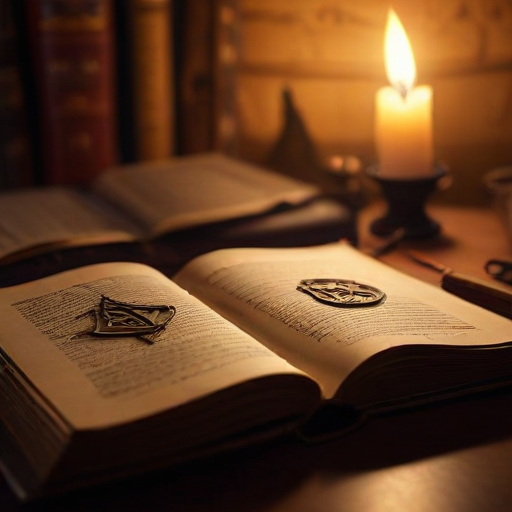Emma Hetrick, an instructor and coordinator of the College Writing Program, brings a unique touch to her First Year Seminar titled “Hocus Pocus,” which explores the multifaceted concept of witches. This innovative course prompts students to ponder what defines a witch—ranging from the stereotypical cackling figure on a broomstick to more complex and nuanced portrayals seen in media and literature.
Hetrick emphasizes the rich history of the witch archetype, pointing out that its interpretation has been fluid throughout the ages, often reflecting societal changes and agendas. “Witches can be anything because everybody kind of has their own idea,” she notes, highlighting the importance of understanding these varying perceptions.
During the course, students delve into a range of materials, from Roald Dahl’s “The Witches” to horror classics like “Rosemary’s Baby,” as well as genuine transcripts from the Salem witch trials. This diverse curriculum allows students to examine how societal values and perspectives influence the representation of witches across different cultures and eras.
Key themes include the societal labeling of women as witches, as well as the impact of power dynamics on historical narratives. Hetrick’s class investigates the evolution of witch persecution and how societal views can shift, particularly examining modern equivalents of “witch-hunting” in contemporary political rhetoric and censorship struggles.
Beyond traditional lectures, the course includes engaging projects such as creating book displays promoting children’s stories about witches at the Easton Area Public Library, which not only enhances learning but also fosters community outreach. In addition, students will culminate their studies with a final paper that encourages them to reinterpret a character or individual through the lens of witchcraft, fostering deep analytical thinking.
Hetrick plans to conclude the semester with a field trip to see a screening of the Broadway adaptation “Wicked,” further bridging classroom learning with real-world experiences. She expresses pride in being able to approach such a seemingly unconventional topic within an academic setting, asserting that the insights gained in class hold relevance beyond the classroom walls.
“Everything that they learn about in the class, they can take with them to other classes, but also has relevance to them in their lives,” Hetrick says, showcasing her commitment to integrating academic scholarship with personal growth.
Overall, “Hocus Pocus” not only challenges stereotypes and encourages critical thinking about women’s history and social dynamics, but it also promotes an environment of creativity and community engagement, paving the way for enlightening discussions on what it means to be labeled different.
In summary, the course provides a platform for students to reevaluate their understandings of witches, the notion of labeling, and how these concepts apply to broader societal contexts, making it clear that in today’s world, every perspective matters. This course stands as a beacon of academic exploration that encourages students to question norms and embrace diverse viewpoints.
